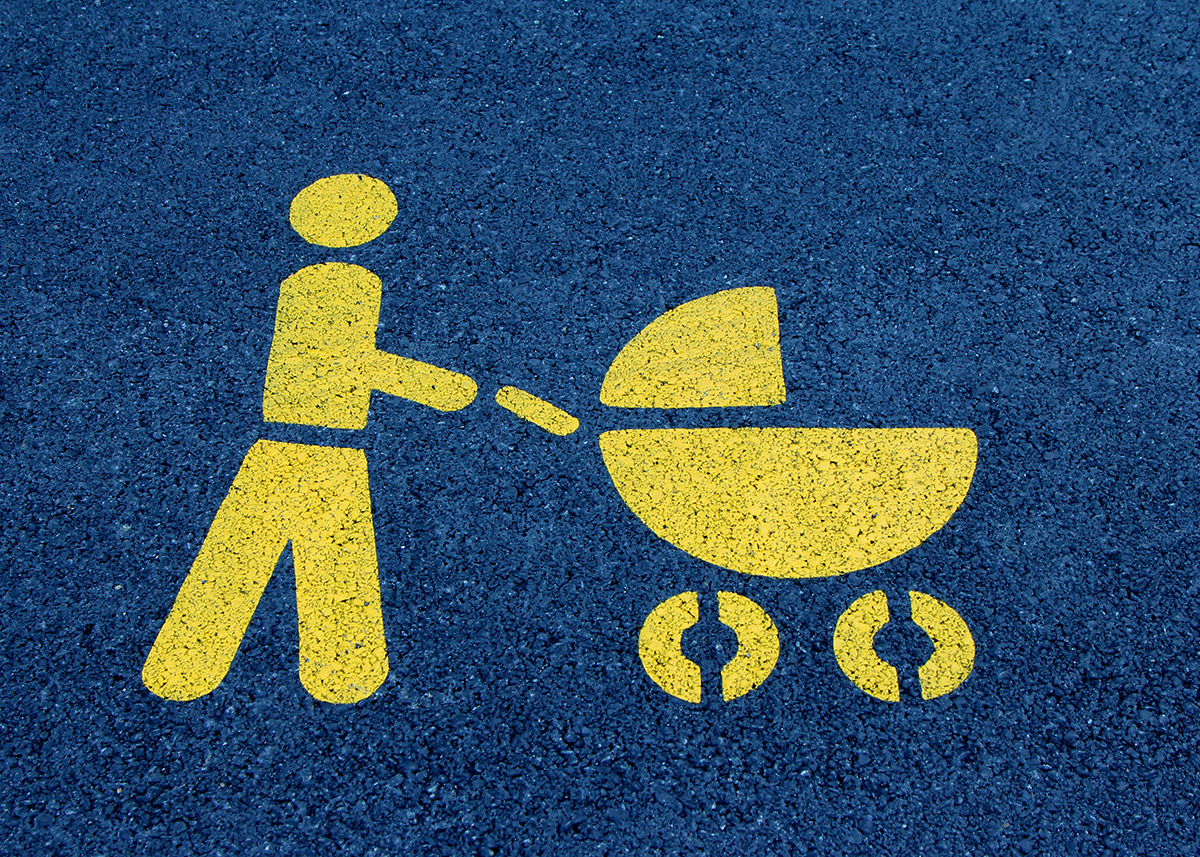Human Reproduction Reloaded – Children out of Love and Labs

Having children has long since ceased to be a matter left purely to nature. Various artificial techniques are available for parents who wish to have children. But which legal, medical and ethical questions do these new possibilities raise?

Not only are increasingly less people having children in Switzerland, but they are also having them later, and more frequently with medical and technological assistance. Many techniques – some permitted, some prohibited – are used to that effect, such as artificial insemination, sperm donation, egg donation, egg freezing, or surrogate motherhood. In the future, it may even be possible to influence certain characteristics of the desired children using genetic technologies such as CRISPR.
What are the opportunities and the risks of these developments? What are the biological, psychological, social, legal, economic, medical and technological prerequisites for venturing down one of these paths to parenthood? And what are the consequences?
The University Research Priority Program (URPP) “Human Reproduction Reloaded | H2R” brings together researchers from the fields of law, medicine, genetics, philosophy, psychology, social sciences and other disciplines to address these questions.
At Scientifica, discover which techniques are already offered, which ones are allowed, and which ones are prohibited. Do you know how many couples are involuntarily childless, what the chances are of having a child with medical and technological support, or how many children are born this way? Tell us which reproductive techniques you consider morally acceptable for the fulfillment of a desire to have a child – and see what other Scientifica visitors have to say.
We are looking forward to interesting discussions with you about different paths to human reproduction, as well as about how our current decisions might shape the future.

